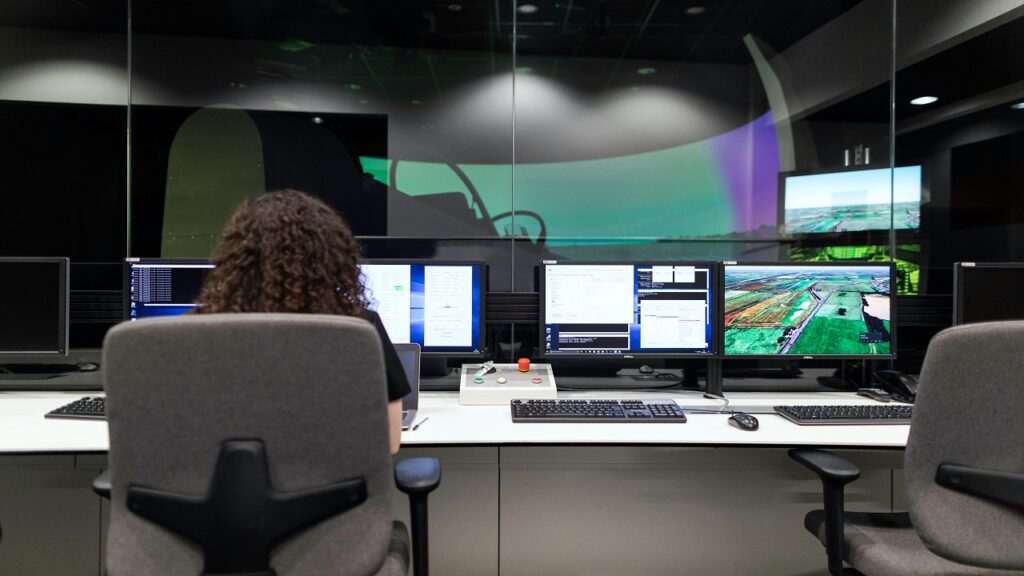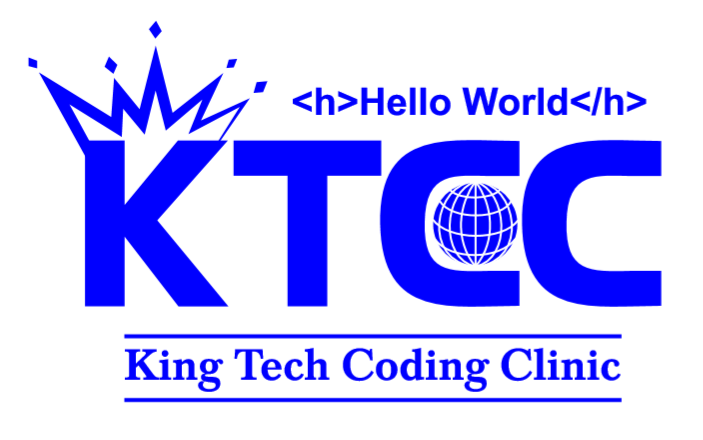In today’s fast-paced tech landscape, the terms “software engineer” and “software developer” are often used interchangeably, leading to confusion about their roles and responsibilities. However, while these professions share some similarities, they represent distinct paths within the realm of software development. Understanding the nuances between a software engineer and a software developer is crucial for aspiring professionals and businesses alike, as it informs hiring decisions, project management strategies, and career development plans.
In this comprehensive guide, we’ll delve into the core differences between software engineers and software developers, shedding light on their unique skill sets, educational backgrounds, and day-to-day tasks. By clarifying the distinctions between these roles, we aim to provide clarity to individuals navigating their career paths in the software industry. Whether you’re considering a career switch, seeking to hire the right talent for your team, or simply curious about the inner workings of software development, this exploration will equip you with the knowledge needed to make informed decisions in this dynamic field.
Join us as we embark on a journey to unravel the complexities of software engineering and development, uncovering the intricacies that define these professions. By demystifying the roles of software engineers and software developers, we’ll empower you to navigate the diverse landscape of the tech industry with confidence. Whether you’re a seasoned professional or a newcomer, this exploration promises to illuminate the distinct pathways available to those passionate about shaping the future through innovative software solutions.
Table of Contents
Defining Roles of a Software Engineer and a Software Developer

In defining the roles of software engineers and software developers, it’s essential to grasp the fundamental distinctions that guide their responsibilities within the software development lifecycle. A software engineer typically focuses on the broader architectural design and engineering aspects of software systems. They are tasked with conceptualizing, designing, and implementing complex solutions that address specific user needs and technical requirements. Their role often involves analyzing problems, designing algorithms, and optimizing system performance to ensure scalability and reliability.
Conversely, a software developer primarily concentrates on the implementation and coding aspects of software projects. Their main responsibility revolves around translating the specifications provided by software engineers into functional code. This involves writing, testing, and debugging software applications or components, following established coding standards and best practices. While software developers may also contribute to the design process, their primary focus lies in turning conceptual designs into tangible, working software products.
Educational Background and Training of a Software Engineer and a Software Developer

Educational Background and Training: The paths to becoming a software engineer versus a software developer often diverge in terms of educational background and training. Software engineers typically pursue formal education in computer science, engineering, or a related field, obtaining a bachelor’s or master’s degree to equip themselves with the necessary theoretical knowledge and problem-solving skills. In contrast, software developers may follow various educational routes, including self-study, coding boot camps, or vocational training programs, which emphasize practical coding skills and software development methodologies. While a degree is not always a prerequisite for a career as a software developer, having a solid understanding of programming languages and development tools is essential.
This contrast in educational paths reflects the distinct emphases of the two roles: software engineers are trained to tackle complex engineering challenges and system architectures, while software developers are equipped to efficiently write and maintain code to bring software designs to life. Understanding these educational differences is crucial for individuals considering career paths in software development, as it helps them align their educational pursuits with their desired roles and career objectives. Additionally, organizations seeking to hire software professionals benefit from recognizing the diverse backgrounds and skill sets that software engineers and software developers bring to the table, enabling them to assemble well-rounded teams capable of addressing a wide range of technical challenges.
Day-to-Day Responsibilities of a Software Engineer and a Software Developer

Day-to-Day Responsibilities: The day-to-day responsibilities of software engineers and software developers offer further insights into the distinctions between these roles. Software engineers typically engage in tasks related to system architecture, design, and optimization. They may collaborate with stakeholders to gather requirements, analyze project feasibility, and devise comprehensive software solutions. Moreover, software engineers often focus on implementing scalable and maintainable software architectures, conducting code reviews, and ensuring adherence to industry best practices and standards.
In contrast, software developers are primarily engaged in coding activities, translating software designs and specifications into functional code. Their responsibilities revolve around writing clean, efficient code, debugging software issues, and integrating new features or enhancements into existing applications. Software developers may work closely with software engineers to understand system requirements and design principles, but their primary focus remains on coding tasks and software implementation. By understanding these distinctions in day-to-day responsibilities, aspiring software professionals can gain clarity on the specific skills and tasks associated with each role, guiding their career paths and professional development endeavors.
Focus Areas and Specializations of a Software Engineer and a Software Developer

Focus Areas and Specializations: Software engineers and software developers often specialize in different focus areas within the broader field of software development. Software engineers may specialize in areas such as system architecture, database design, or network security, leveraging their expertise to design robust and scalable software solutions. They may also specialize in specific programming languages or development frameworks, depending on the requirements of their projects and industries. Additionally, software engineers may pursue certifications or advanced training in specialized fields to enhance their skills and marketability in the industry.
On the other hand, software developers may specialize in front-end or back-end development, focusing on user interface design or server-side programming, respectively. They may also specialize in mobile app development, web development, or software testing, honing their skills in specific technologies and platforms. Software developers often adapt to evolving industry trends and technologies, staying abreast of new tools and frameworks to remain competitive in the job market. By understanding these focus areas and specializations, individuals can tailor their career paths to align with their interests and strengths, maximizing their potential for success in the dynamic field of software development.
Collaboration and Team Dynamics of a Software Engineer and a Software Developer

Collaboration and Team Dynamics: Effective collaboration and synergy between software engineers and software developers are vital for the success of software development projects. Software engineers typically play a leadership role in project planning and decision-making, guiding the overall architecture and design of software systems. They collaborate closely with software developers to communicate project requirements, establish development milestones, and provide technical guidance throughout the development process. This collaboration fosters a cohesive team environment where software engineers and developers leverage their respective expertise to achieve project objectives efficiently.
In contrast, software developers contribute their coding proficiency and problem-solving skills to implement the software designs crafted by software engineers. They collaborate with software engineers to translate design specifications into functional code, addressing technical challenges and ensuring the integrity of the software architecture. By working collaboratively, software engineers and developers cultivate a culture of innovation and continuous improvement, driving the success of software projects from inception to deployment. Effective communication, mutual respect, and a shared commitment to excellence are essential ingredients for fostering productive collaboration and achieving optimal outcomes in software development endeavors.
Career Paths and Growth Opportunities of a Software Engineer and a Software Developer

Career Paths and Growth Opportunities: Software engineers and software developers follow distinct career trajectories, each offering unique opportunities for professional growth and advancement. Software engineers often have the opportunity to specialize in areas such as machine learning, artificial intelligence, or cloud computing, expanding their skill sets to tackle emerging technological challenges. They may advance into leadership roles, such as technical leads or engineering managers, overseeing project teams and guiding strategic decision-making within organizations. Additionally, software engineers may pursue advanced degrees or certifications to deepen their expertise in specific domains and enhance their career prospects.
Similarly, software developers have diverse avenues for career advancement, with opportunities to specialize in areas such as full-stack development, DevOps, or software architecture. They may progress from junior developer roles to senior developer positions, taking on increased responsibility for project management and technical leadership. Moreover, software developers can explore freelance or entrepreneurial ventures, leveraging their coding skills to develop innovative software solutions or start their own tech startups. Continuous learning and professional development are key drivers of career growth for both software engineers and developers, enabling them to stay relevant in a rapidly evolving industry and unlock new opportunities for success.
Conclusion
Conclusion: In conclusion, the distinctions between software engineers and software developers are pivotal in understanding the diverse roles and responsibilities within the software development landscape. While software engineers focus on designing comprehensive software solutions and optimizing system architectures, software developers excel in translating these designs into functional code and implementing software applications. The complementary nature of these roles underscores the importance of collaboration and teamwork in driving successful software development projects.
Aspiring software professionals and organizations alike stand to benefit from a clear understanding of these distinctions, enabling informed decision-making in career choices, hiring practices, and project management strategies. By recognizing the unique skill sets and contributions of software engineers and software developers, individuals can chart their career paths with confidence, leveraging their strengths to achieve professional success in the dynamic field of software development. As the tech industry continues to evolve, the symbiotic relationship between software engineers and developers remains integral to driving innovation and shaping the future of software technology.





1 Comment
[…] and view setbacks as opportunities for growth and learning. Remember that the journey of a software developer is characterized by continuous learning and improvement, and hands-on projects serve as invaluable […]